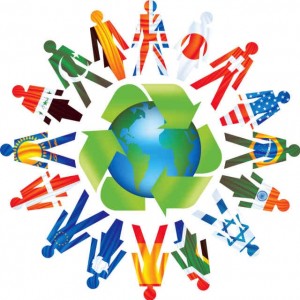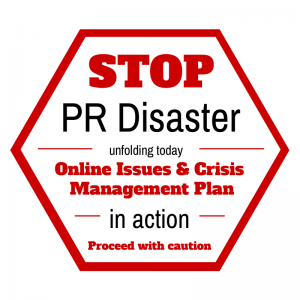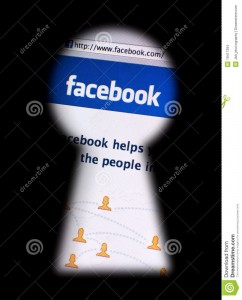The application of big data technology to business has had revolutionary impacts on management, operation and decision-making. Collecting and analyzing data enables companies to run in a considerably more efficient and controllable way. While big data drives business development, it also brings a new problem that has disturbed many corporations – data management.
Allied Building Products Corporation is one of the many companies that suffered a big loss from a failure to manage its data. In October, 2012, two of its data centers were destroyed by Hurricane Sandy. And the companies spent nearly 40 hours getting the systems and data back up and running. According to Scott Fischer, information technology director for Allied, it was the failure to build up enough backup data centers that resulted in this disaster.
Allied Building product Corp.’s lesson reminds me that successfully applying big data technology into business is far more difficult than I thought. There are many important factors a manager should consider when collecting and analyzing data. For example, what kind of data should be collected? It is no longer true to say that the more the better when collecting data because more data means more work to do and more cost for storage. In addition, a manager should also think about how to analyze the data. This is because for different purposes, they should use different methods, which may lead to distinguished results.
Sources:
http://www.theglobeandmail.com/report-on-business/careers/leadership-lab/are-you-letting-data-drive-your-decisions/article20836228/
http://www.cioinsight.com/it-news-trends/allied-building-products-rethinks-dr-strategy.html
http://www.theglobeandmail.com/report-on-business/small-business/sb-managing/leadership/taming-the-data-monster-is-a-growing-challenge/article14964625/














